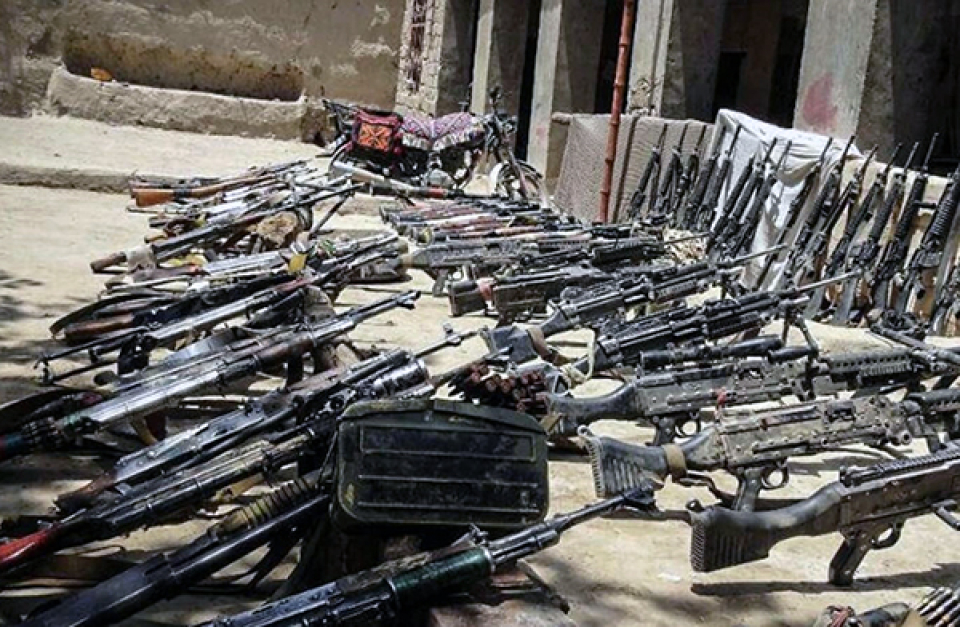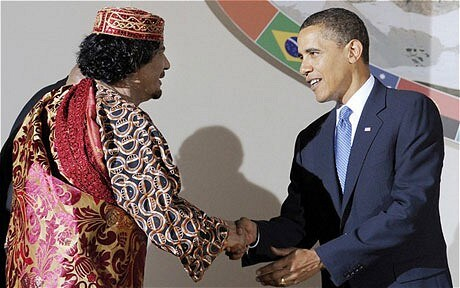New, exclusive video from the Texas Department of Public Safety shows the bold actions of the cartels on the Texas border.
Although many of the explosives seen in Mexico are homemade, the number of those coming from Afghanistan has also gone up.
Our Yami Virgin found out that this is nothing new.
Under the veil of darkness in an exclusive video captured by Texas DPS, you can see what cartel members were doing this weekend just across the small Texas island of Fronton. It's in the middle of the Rio Grande between the U.S. and Mexico.
Fronton is an island that was often used by cartels to move their goods, but it's now protected by DPS.
The explosives you see are believed to be homemade. They're far from the images that most here in Texas are used to seeing when we talk about violence in Mexico.
Gun violence used to be the norm, but now, the trend has turned to explosions.
"In an act that we have not seen before here, with improvised explosives, seven explosives were detonated killing six and injuring 12,” said Enrique Alfaro, Governor of Jalisco, Mexico.
Reports of explosions and mines have gone up, especially just across the border, in the last 18 months.
And the way the improvised explosives are built is more like those seen in the Middle East, according to retired Homeland Security Investigations Special Agent In Charge Ari Jimenez.
"They have a pipe with a round base. And then the top, instead of using the regular cap that we've seen in the past, it is more like conical, like a triangle with a point," Jimenez said. "It's intended to make maximum damage.”
But Jimenez says the type of weapons has also evolved.
The Special Inspector General for Afghanistan Reconstruction, which is a U.S. government entity, estimated that about $7 billion of new equipment was left in Afghanistan after the United States' quick departure.
There's also an additional $18 billion of equipment we gave the Afghan National Army, the entity reports.
"We have seen some of the ground munitions, and those are the ones that initially we saw them crossing the borders of Pakistan in India," Jimenez said. "We saw them in that area and or fighting them, we saw them deployed in Yemen.”
Yami Virgin asked how the cartels eventually made contact with Afghanis to by the weapons.
"Many of these arms dealers are taking data equipment and smuggling. Just like we see the smuggling of precursors for fentanyl from China. We have seen the smuggling of weapons, in merchandise in containers from China, from other parts the of the world, to Mexico. And this is how they're bringing all this armament back to our backyard," Jimenez said.
And keeping these explosives and weapons out of the U.S. is also of concern, according to Jimenez.
"Unfortunately, we're sitting in a moment in time where we do have an open border. We have a mess in the border. 80% of the Border Patrol agents are tasked with administrative jobs. So when we used to have 50 border patrol agents in an area holding the line, now, you don't have 50. Now you might have 10, and 40 are back in the office work and administrators job,” Jimenez said.
While most of the migrants crossing and asking for asylum come looking for a better life, it is those who are found to be on the watchlist and those who go under the radar that are of concern, officials say.
DPS says they have to help to protect the border, and the images of Fronton Island are an example of why.
"It's a very dangerous area where these cartels are operating on both sides." said DPS Lt. Chris Olivarez. "And that's why it was so important for us to gain full control.”

















